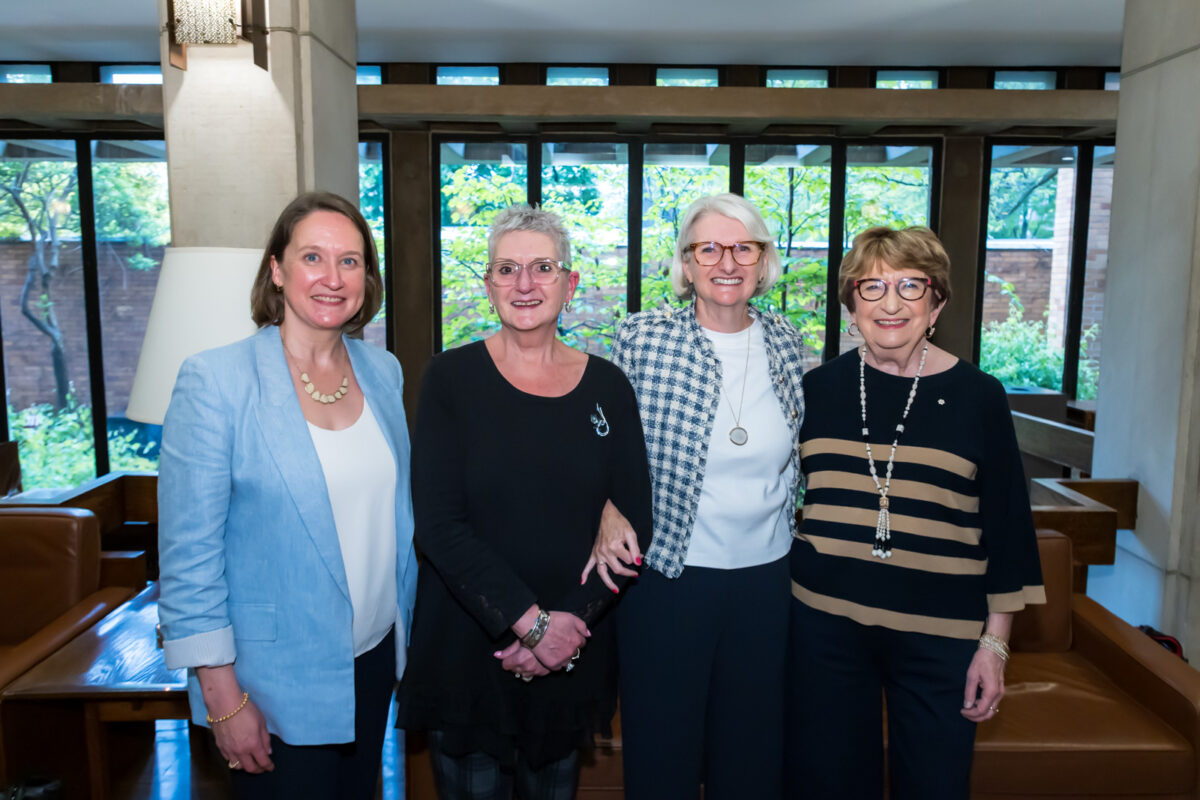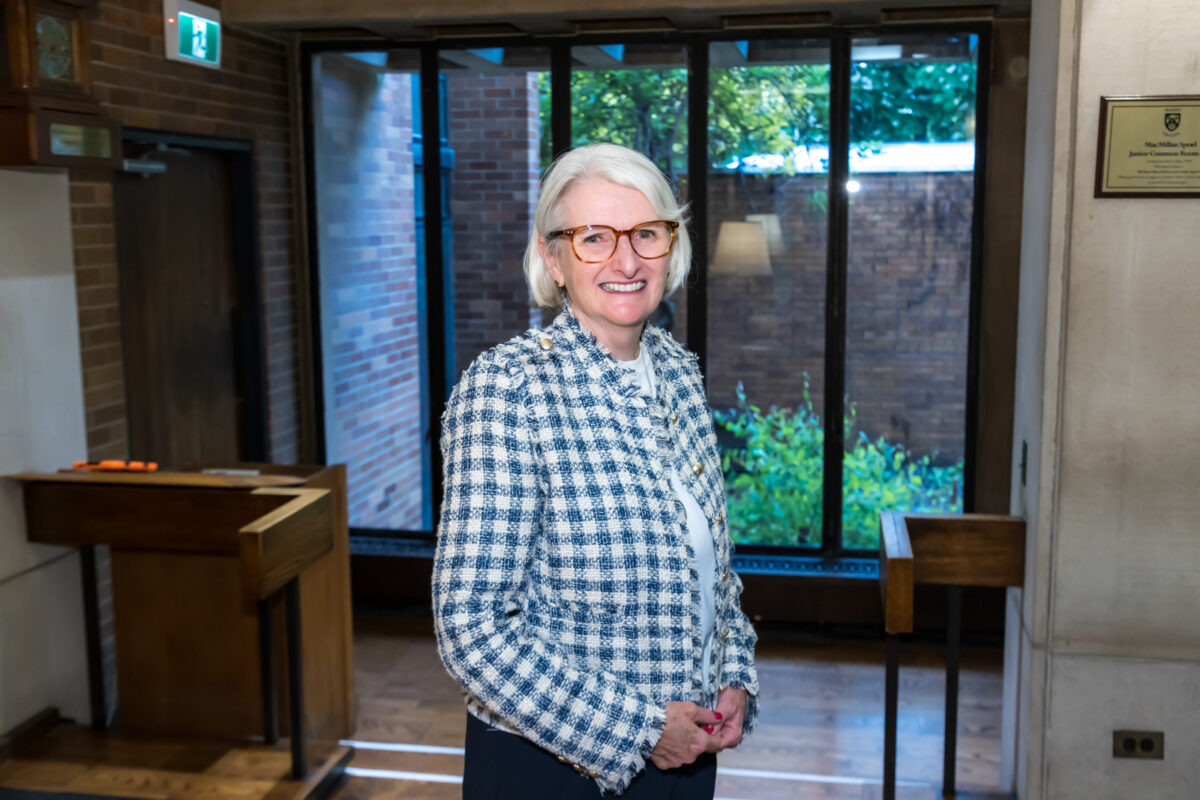The former Dean of Bloomberg Nursing and former Vice-Provost (Academic Programs and Faculty and Academic Life) for the University of Toronto, has been instrumental in shaping the future of the Faculty of Nursing and guiding students who have gone on to policy and leadership roles.
Professor Sioban Nelson confesses she has always been interested in history and in particular, the history of nursing. She has aspired, through her research, to get people thinking differently about important questions in health care, including the gendered nature of nursing, the history of women in the nursing workforce, and the role of nursing in society.
Weaving together these strands of historical and policy research has shaped her work and its focus on nursing and policy across a range of eras, countries, and socio-political contexts over the course of decades.
“I have always been interested in how the care of the sick fits into the political structures of society,” says Nelson. “Why has nursing care been organized the way that it has been across many centuries, its gendered nature, and how has its relationship to medicine been shaped over time? These are some of the questions that have driven my research.”
Now as she approaches retirement, Nelson is being celebrated for her long and impactful career at U of T and her own historical contributions to the Lawrence Bloomberg Faculty of Nursing, and the University of Toronto.
Recruited from the University of Melbourne, Nelson joined U of T in 2005 as Dean of the Faculty of the Nursing. She was drawn to the position she says, because of the rich environment for practice and scholarship, the unique collaborations between the Faculty and other academic units as well as partnerships within the health care sector.
“I’m a doer. I like to get things done. Working with other people to creatively solve problems, or address issues with new opportunities is for me one of the highlight’s of being in a leadership role,” says Nelson.
As a faculty member she has supervised many graduate students who have gone on to have policy-focused or academic careers, like Canada’s Chief Nursing Officer Leigh Chapman, and it was during her tenure as Dean that Nelson facilitated the substantial donation from Mr. Lawrence Bloomberg, resulting in a new name and a new chapter for the Faculty.
Now known as the Lawrence Bloomberg Faculty of Nursing, Nelson recalls the many new opportunities this donation brought, including an increase in support for student funding, the development of the Bloomberg Professorships supporting mid-career faculty, and the establishment of the Centre for Professional Development for continuing nursing education.
Reflecting on her time as Dean, Nelson recalls some of the challenges in leading a Faculty of Nursing. The close relationship between academia and the profession of nursing including the impact of government funding, was and still is unique to the Faculty.
“Navigating, the cycling between years of nursing shortages followed by a surplus of nurses in the workforce, and the resulting impact this has had on student enrolment and the success of graduates is a complex part of being Dean of a Faculty of Nursing,” Nelson says.

In 2013, Nelson was appointed Vice Provost, Academic Programs and, later, Faculty and Academic Life at U of T. In that time, she was involved in overseeing the quality assurance and accreditation of many different programs across the university. Seeing the commitment to academic rigour and the high quality of the incredible work being undertaken by many faculty members was inspiring she says.
“Being in the role of Vice-Provost, was a gift,” says Nelson. “Working closely with people from every division and department on their goals and aspirations, from their plans for new programs to their recruitment and promotion of faculty, was so uplifting. Knowing that in some small way I was helping to steer an institution as important as the University of Toronto was a true joy.”
Nelson has also held the position of President of the Canadian Academic Health Sciences (CAHS) the first nurse to ever hold such a position representing Canada’s outstanding health researchers. In all of these roles, Nelson acknowledges the privilege of working with committed and collaborative staff who made it such a pleasure to be in leadership.
Nelson may be retiring from academic life, but she is still driven in her pursuit of historical research. Nelson is working on a book for the University of Toronto Press about the history of nursing using material culture – objects that explore multiple aspects of nursing history from the 12th century to the 1970’s.
“Though the profession of nursing is less than 200 years old, the history of caring for the sick is longstanding. The book explores through these objects, the role of nursing in society, who did it, how it was valued, and how it has changed over time,” says Nelson.
